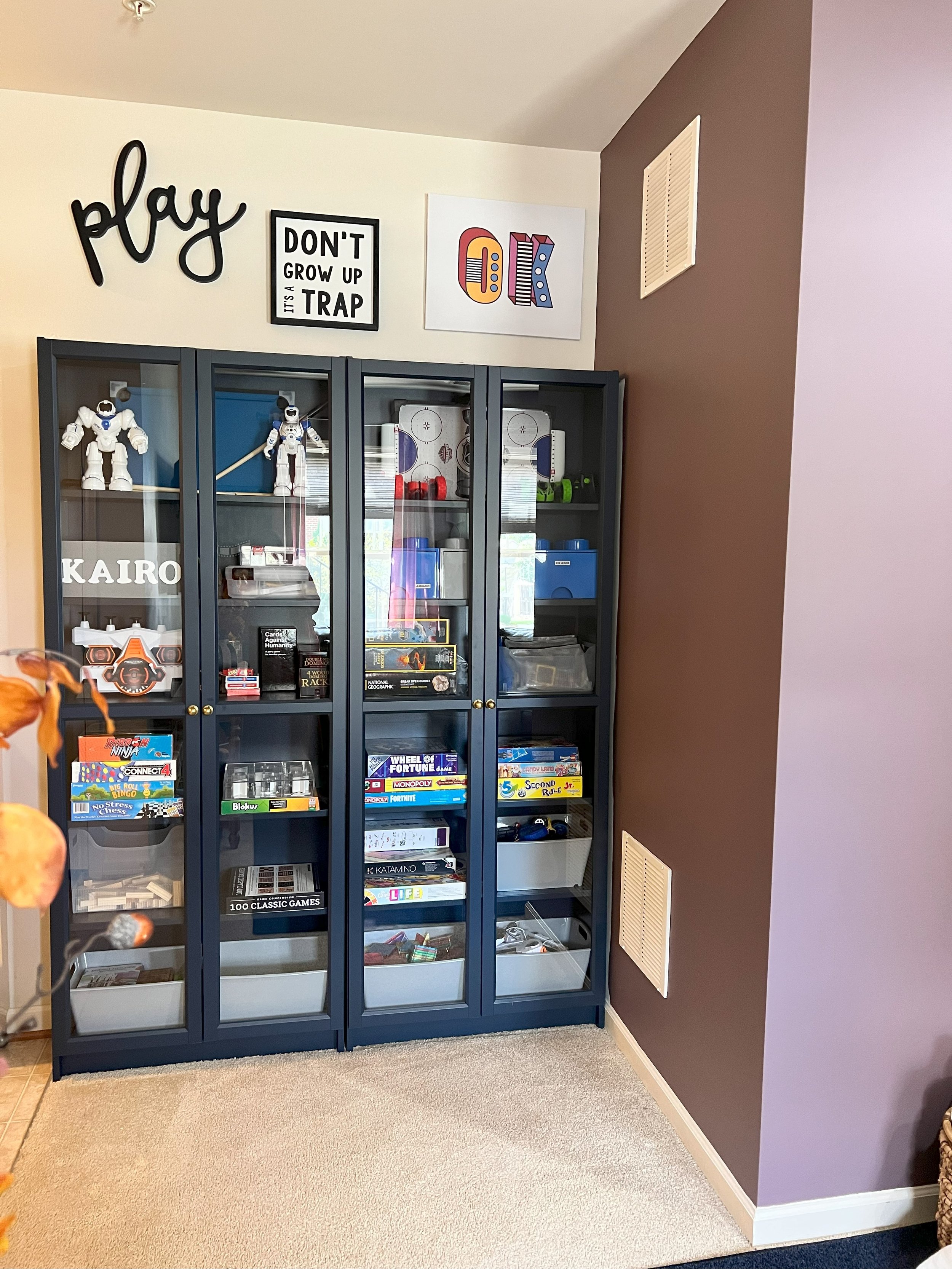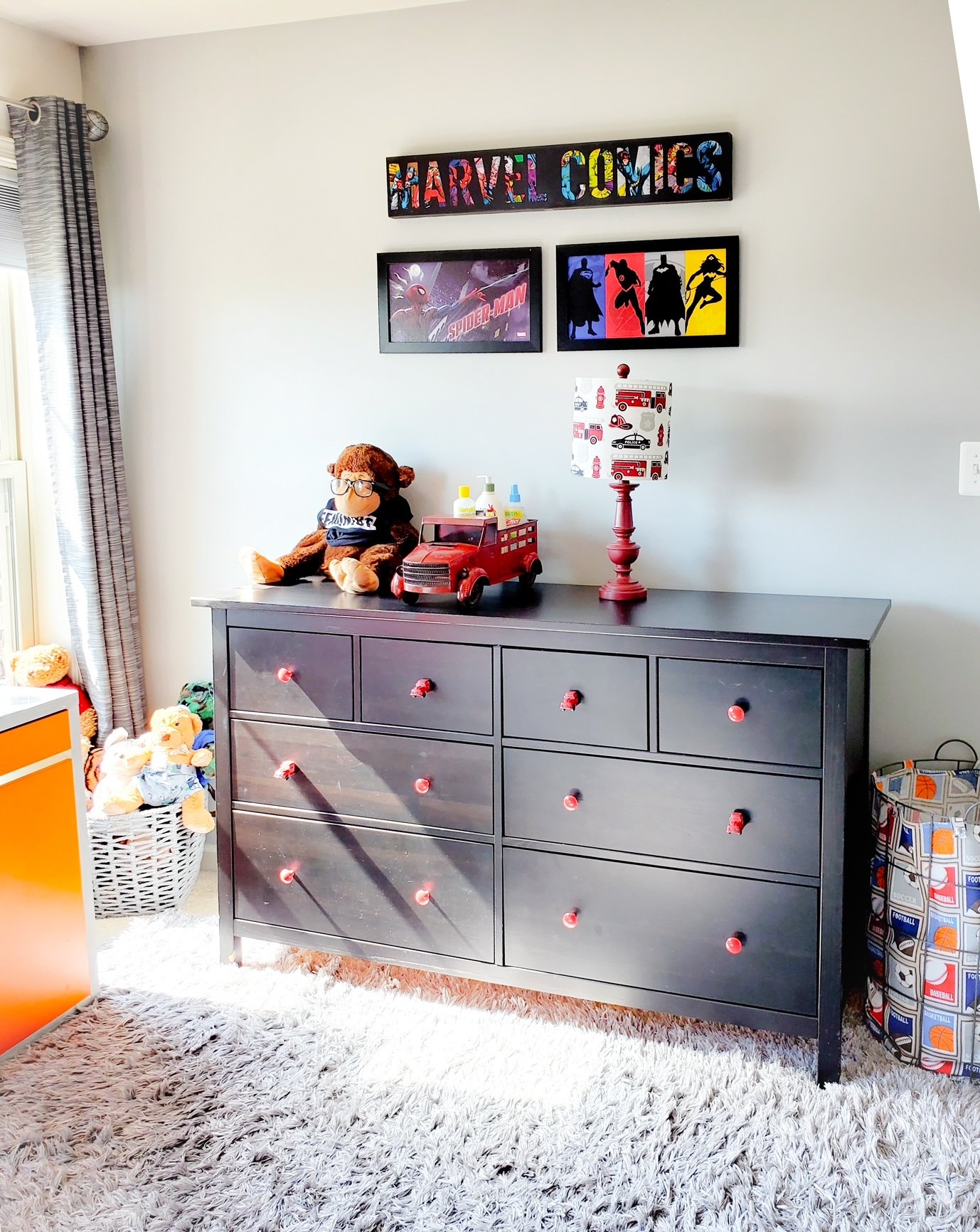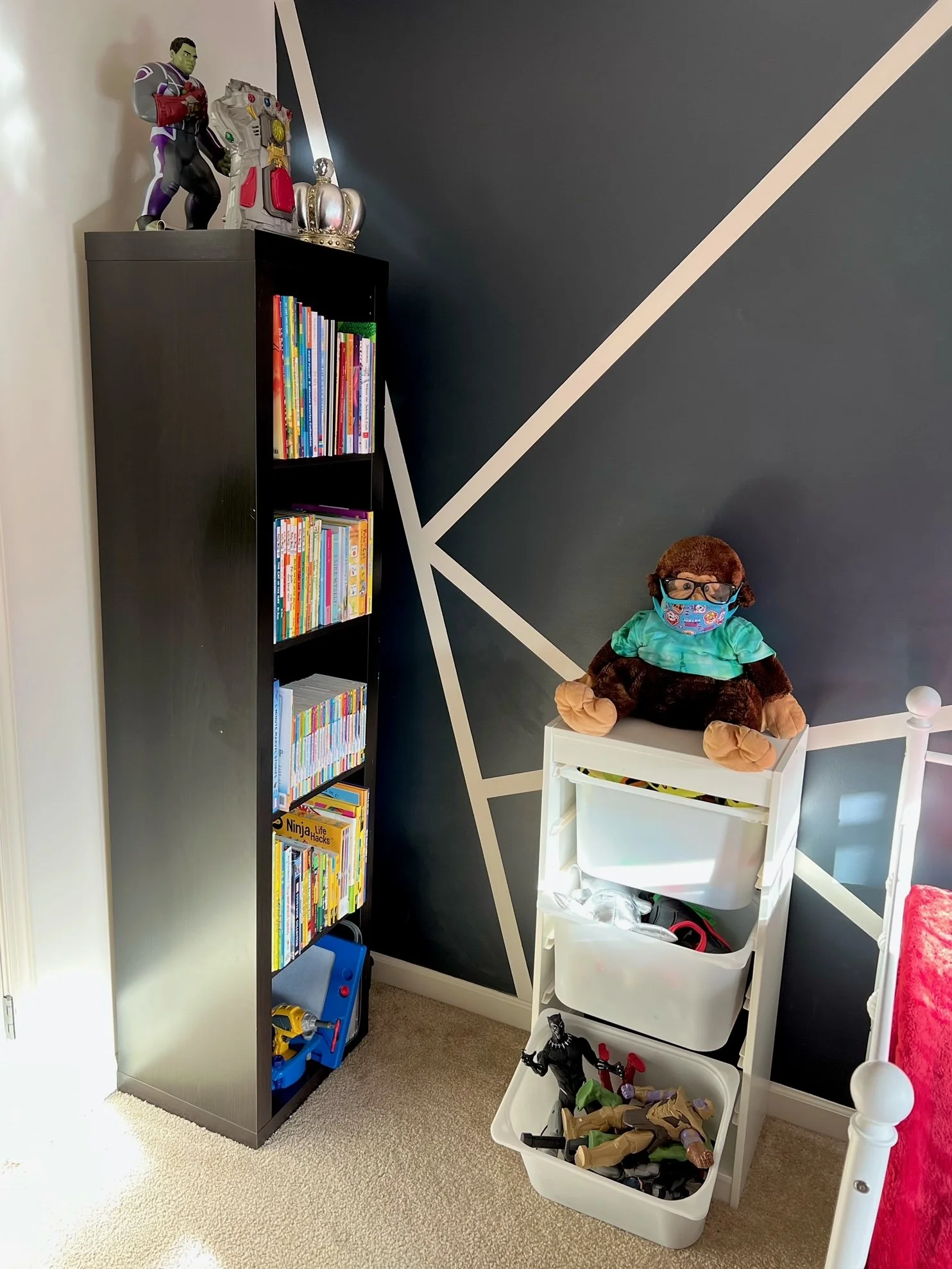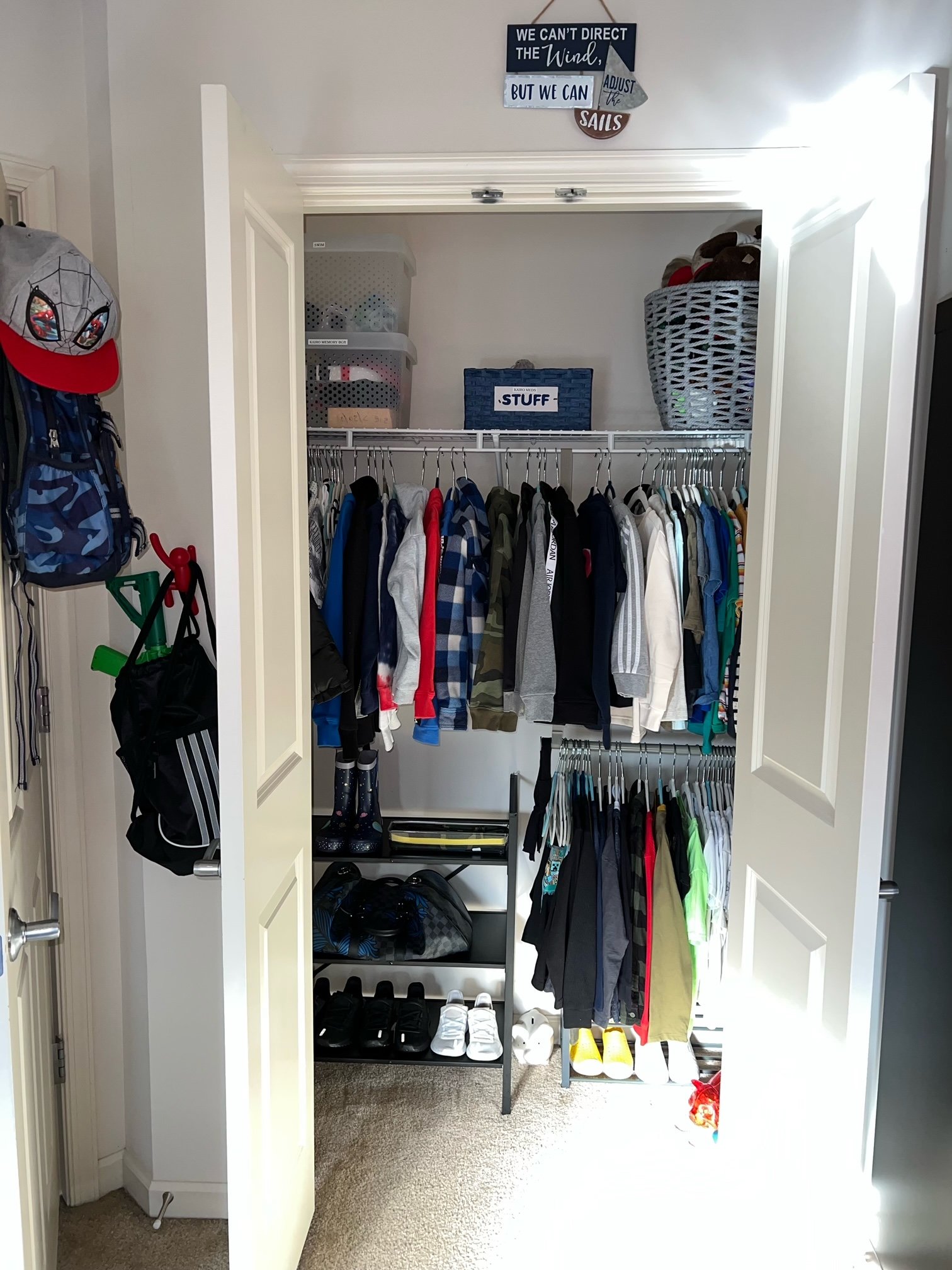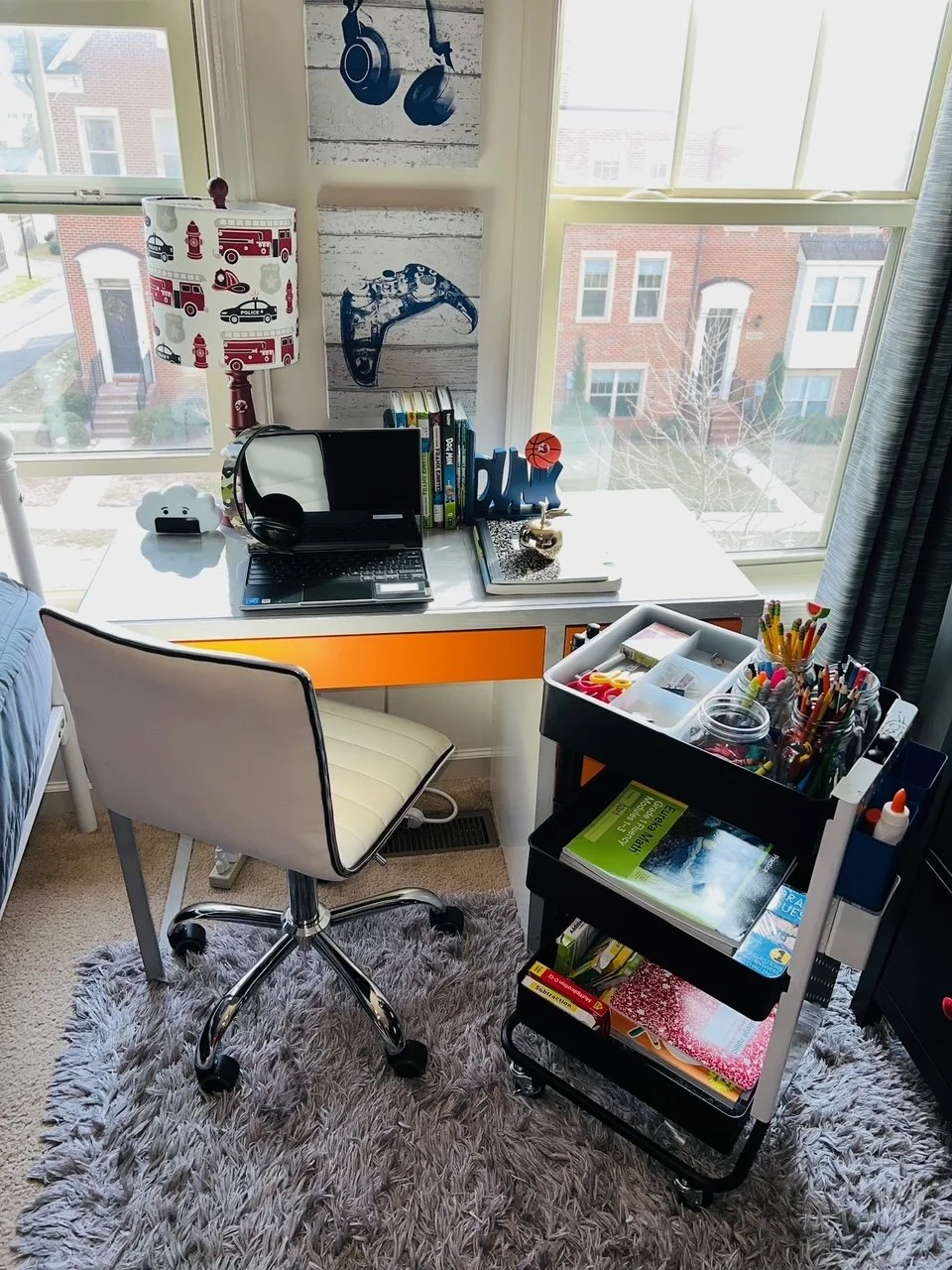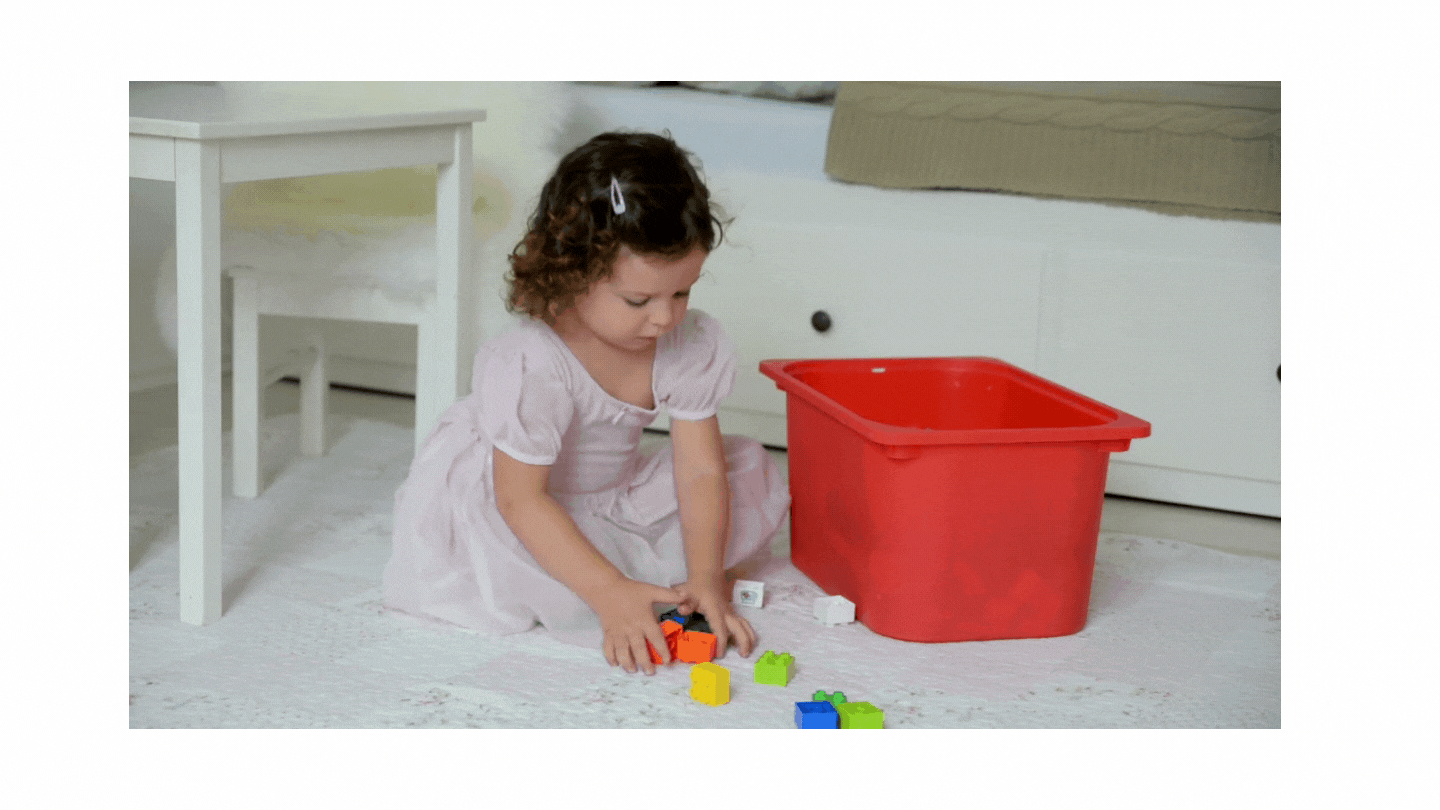Let us help our kids get organized and stay organized.
Our third week of January 2022, we are tackling kids’ spaces- their bedrooms, closets, study areas and playrooms. As a mother to two boys for the last 19 years, I have come to know a thing or two about messes and how to graciously live with them as a part of our kids’ lives. Yes, I did say live with mess because after all, kids are supposed to be kids, right?! They are supposed to make a mess, have fun, be creative, grow, and learn. It’s all a part of a healthy growing environment.
When it comes to organizing kids’ rooms, the best approach from my experience is to have a reasonable expectation of what they can and can’t do on their own. We as parents have to set the example for them by showing them how to be organized.
For starters it’s important to keep their spaces simple and not overcrowded with stuff, making it harder for them to keep tidy. Interest and thus needs of kids vary and change widely as they age and development levels progress, particularly for younger kids. For example, the little ones tend to accumulate a lot of toys as they grow through the different stages in a condense period of time from toddler to elementary-school age. My six-year-old son went through the phase of fixation on whatever the predominant convention of his peer group was from the ages of 2 through 4, like paw patrol EVERYTHING. Now he’s graduated to online games of creative and adventure play on his iPad like Roblox, which if you don’t know by now, is all the rage for kids of different age groups.
Here are a few tips to help you declutter, organize and maintain your kids spaces free from clutter.
Toys and books
Take time to do inventory your kids toys and books so you can stay ahead of the clutter accumulation. Toss out anything broken, donate what they no longer want or have outgrown.
Organize in clear bins, label their toy containers for easy identification and store items where they can easily be easily accessible and viewed. This access also helps with easy, independent clean up after play.
Rotate their books and toys to reduce redundancy and the need to replace toys and learning tools due to disinterest. This helps kids discover something new and exciting in an old toy or book.
Closets and dressers
Donate any items they have outgrown, no longer need, or will outgrow by the next iteration of the mostly recently passed season.
Label drawers in dressers for easy identification and group items in like categories; for example, winter shirts, summer shorts, socks & underwear.
Maximize storage where you can, such under the bed in storage bins or bags.
Get kids involved in clean up. They learn to be responsible; they learn the value of work through play. You’re teaching them lifelong skills to build independence. You’re teaching them to value order, their environment, and respect their home.
Study areas
With this pandemic still causing so much havoc in our lives, school closings and kids having to transition to virtual school, now more than ever It’s important to keep the kids study areas clear of clutter so they can focus and not be distracted by the mess around them.
For example, clear the the areas they will be using to study free from toys, food items and random paperwork that has nothing to do with their schoolwork. It’s important to maintain a school like environment and routine in order for them to thrive.
Cheering you on! Happy organizing.
With love,

